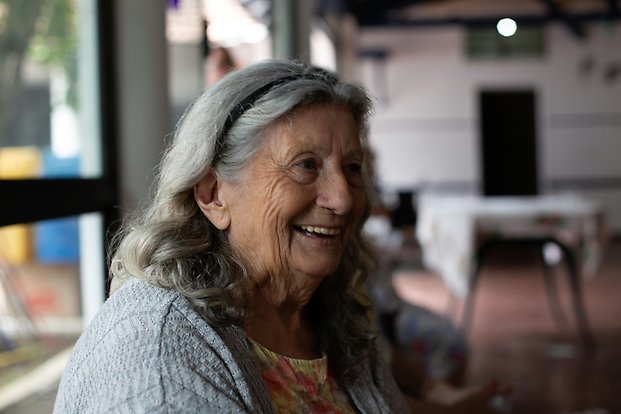The relationship between physical activity and appetite among older adults

Photograph taken from Unsplash
This project identifies the biological mechanisms underlying the relationship between physical activity and appetite loss in older people.
In the World Health Organization's (WHO) inaugural report on aging and health, the concept of Integrated Care of Older People (ICOPE) is introduced, aligning with the UN's Sustainable Development Goals. The concept aims to assess the continuity of capacities and abilities to provide person-centered care tailored to the unique needs of older individuals. This paradigm shift is also considered crucial for reducing the pervasive ageism in our societies and clinical practice.
ICOPE defines the health of older individuals through five domains of intrinsic capacity (IC): mobility, vitality, sensory experiences including hearing and vision, cognition, and psychosocial capacity.
"Vitality" has been defined as a physiological state within the normal or accelerated biological aging process, yet there is no consensus on how to operationalize it in clinical settings. WHO suggests, in its description of the ICOPE program, that vitality should be screened through appetite loss and weight loss, which are markers of malnutrition. Appetite loss and weight loss are common among older individuals and are associated with other potential impairments in IC, particularly psychological and mobility-related.
Several studies have investigated the mechanisms behind the relationship between weight loss and cognition, mobility, and mood. However, studies examining the biological mechanisms behind the association between appetite loss, physical activity and the aging process are not as well-established. Therefore, this doctoral project, initiated in collaboration with researchers from the Institute of Aging at Toulouse University Hospital and Gérontopole of Toulouse in France, will map the biological mechanisms behind the relationship between physical activity and appetite loss among older adults.
This research has potential to contribute to a deeper understanding of how physical activity can affect appetite regulation and thus contribute to more effective strategies for promoting health and well-being among older adults.
